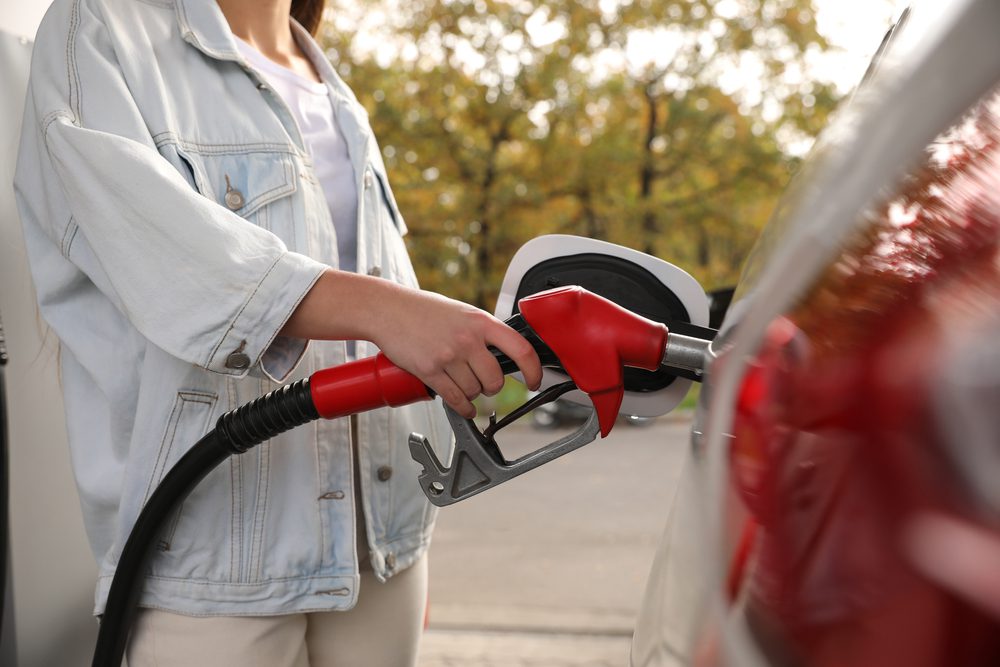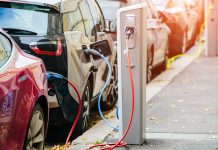Consumers may be feeling an extra strain as they pay at the pump. According to the American Automobile Association (AAA), the national average gas prices have risen to $3.30, $1.01 more than the same time last year. In Kazakhstan, an OPEC+ alliance member, tumultuous events have led to the county halting its oil production, leading to a significant increase to $80 per barrel for crude oil.
While most states are seeing gas price increases, Indiana (up 17 cents), Ohio (up 14 cents), and Illinois (up 10 cents) are seeing some of the highest per-gallon price hikes. At the same time, California ($4.65), Hawaii ($4.31), and Washington ($3.93) are the most expensive markets for gas.
What impact will these rising gas prices have on American drivers and auto retail, and what can we expect going forward? Read on.
Potentially Fewer Trips and Smaller Cars for American Drivers

American drivers are highly sensitive to volatile gas prices. Before the pandemic, the last time gas prices hit above three dollars was in 2014. Resultantly, it’s no surprise that two smaller vehicles, the Toyota Camry and Honda Accord, were among the top five best-selling cars of 2014.
While larger cars are still experiencing higher sales compared to their smaller counterparts, 2022’s best-selling automobile list could mirror 2014 as we start to see a shift in vehicle preference.
A prolonged increase in gas prices could cause consumers to seek out smaller cars and electric vehicles. However, automobile manufacturers and dealers may not be able to meet this change as new vehicle production is still not meeting demand, and used cars are in short supply.
| Related: Cox Automotive’s Brian Finkelmeyer shares his 2022 outlook on EVs, used car values, and more |
Resultantly, high demand and low supply for smaller vehicles may lead to price hikes for new and used fuel-conscious cars, potentially pricing out budget-conscious customers. And lastly, an extended increase in gas prices could hit other parts of the economy, as consumers may curb shopping trips, weekend vacations, and long work commutes.
The Impact on Automobile Dealers
If gas prices continue to rise or stay at high levels, dealers will likely have to switch up their sales strategies to meet consumer demand — which could favor small-sized and more fuel-conscious vehicles.
However, as mentioned above, vehicle production is still lagging due to factories shutting down production because of the pandemic and semiconductor chip shortages. This scenario means that dealers won’t have the ability to replenish their stock or quickly pivot to meet new demands with new cars. And other vehicle acquisition sources may not be available.
Dealers looking to increase their supply of smaller used vehicles through turned-in leases, trade-ins, or rental companies may have a rough time.
According to a November 2021 article from U.S. News, more than one-third of U.S. new vehicle sales were through leases, but this number has dropped to 22%.
Many car buyers with expiring leases are choosing to keep their cars at the end of the lease. Additionally, according to U.S. News, rental companies have held onto late-model vehicles, and consumers who would offer a recent model trade-in are likely doing the same.
What Will the Future Hold?
While the current increase in gas prices results from an international event, higher gas prices could be the norm for the early part of 2022. According to Forbes, worker and trucker shortages at ports for oil distribution can keep fuel from getting to gas stations.
A combination of continued worker shortages and supply chain or production disruptions could lead to us seeing increased gas prices well into the rest of 2022. This situation may ultimately result in a potential shift in demand from larger vehicles to smaller cars, and automobile retailers and dealers pivoting to meet this new consumer preference.
Did you enjoy this article from Chanell Turner? Please share your thoughts, comments, or questions regarding this topic by submitting a letter to the editor here, or connect with us at newsroom@cbtnews.com.
Be sure to follow us on Facebook and Twitter to stay up to date or catch-up on all of our podcasts on demand.
While you’re here, don’t forget to subscribe to our email newsletter for all the latest auto industry news from CBT News.










